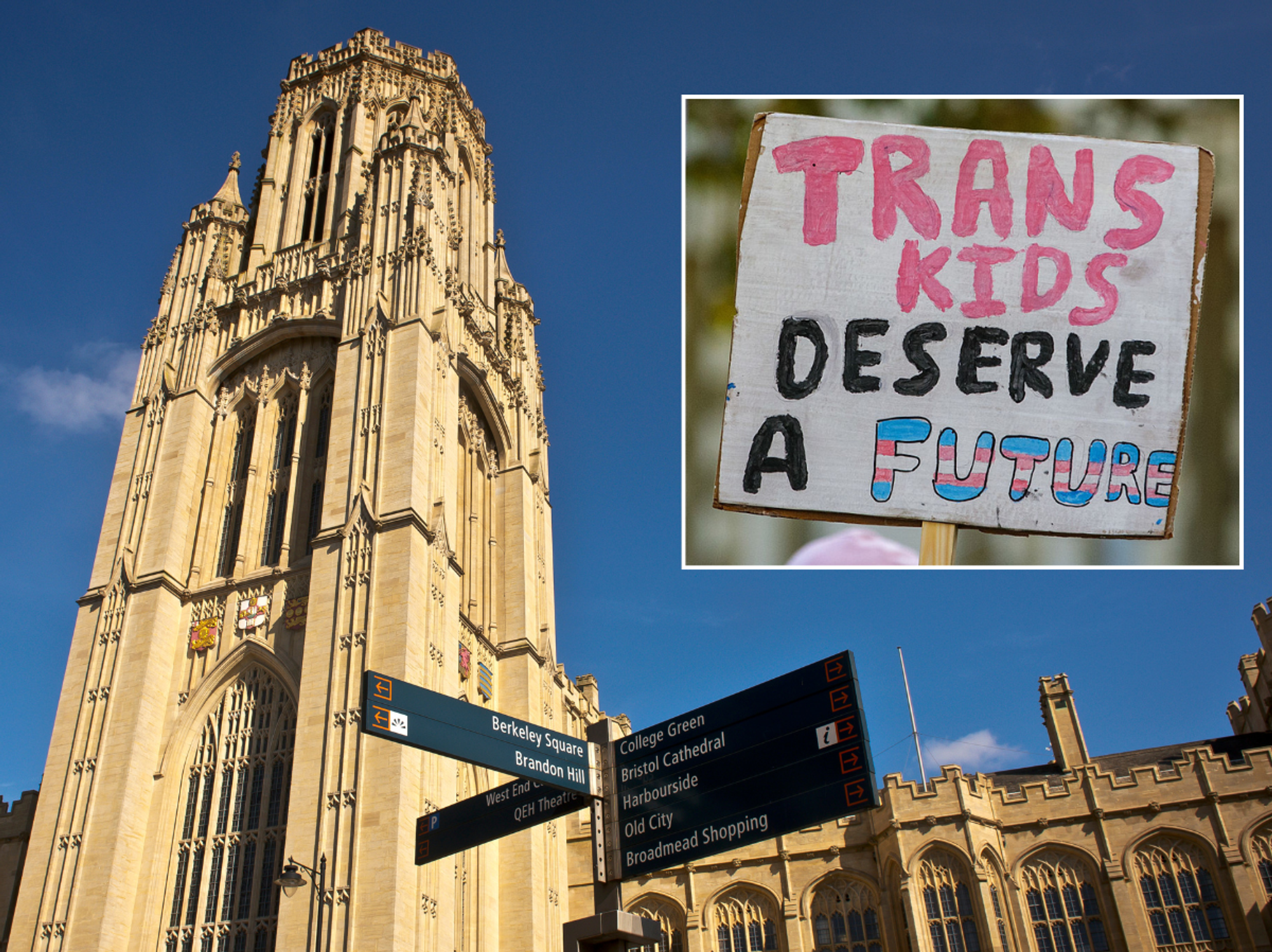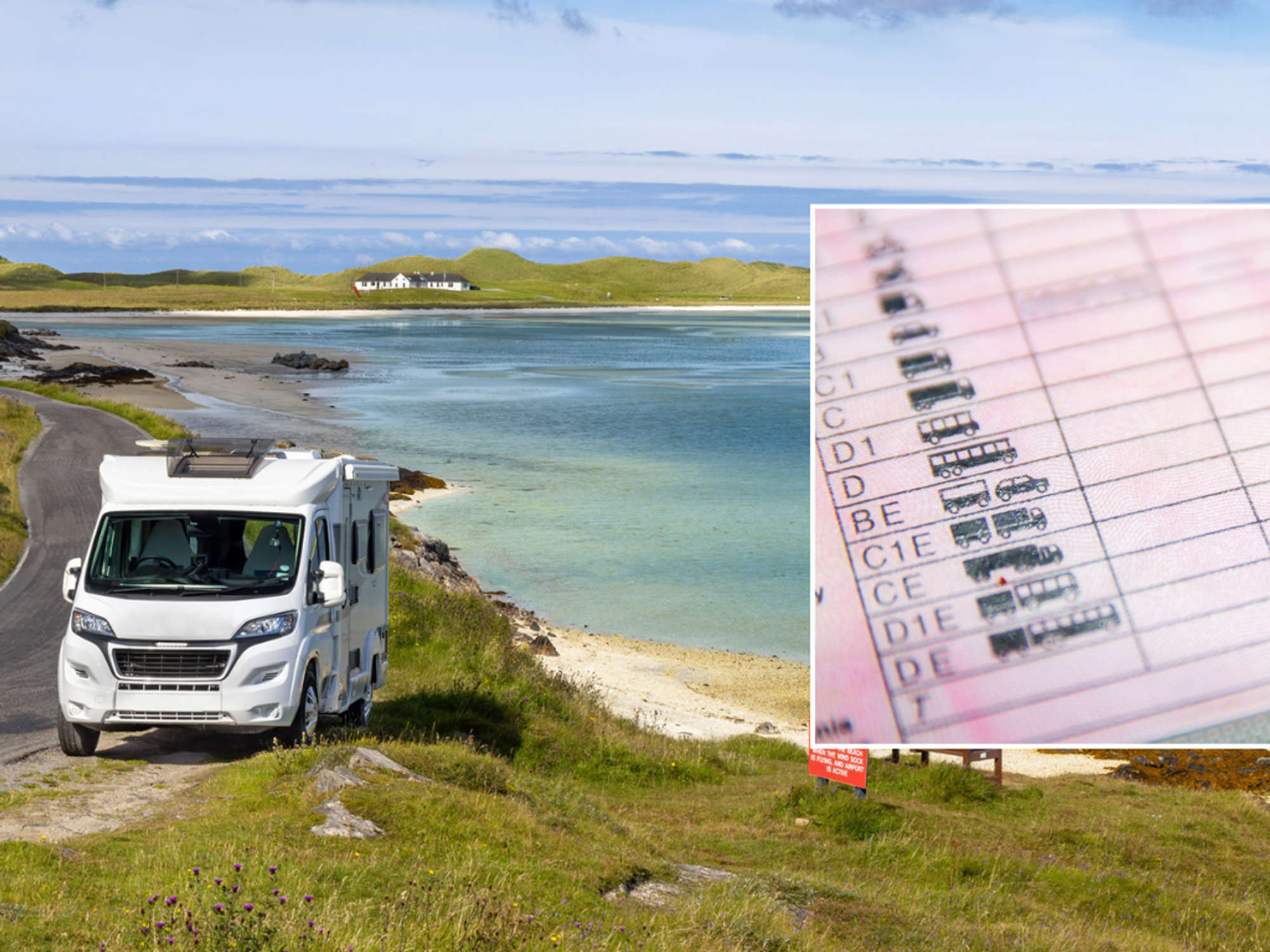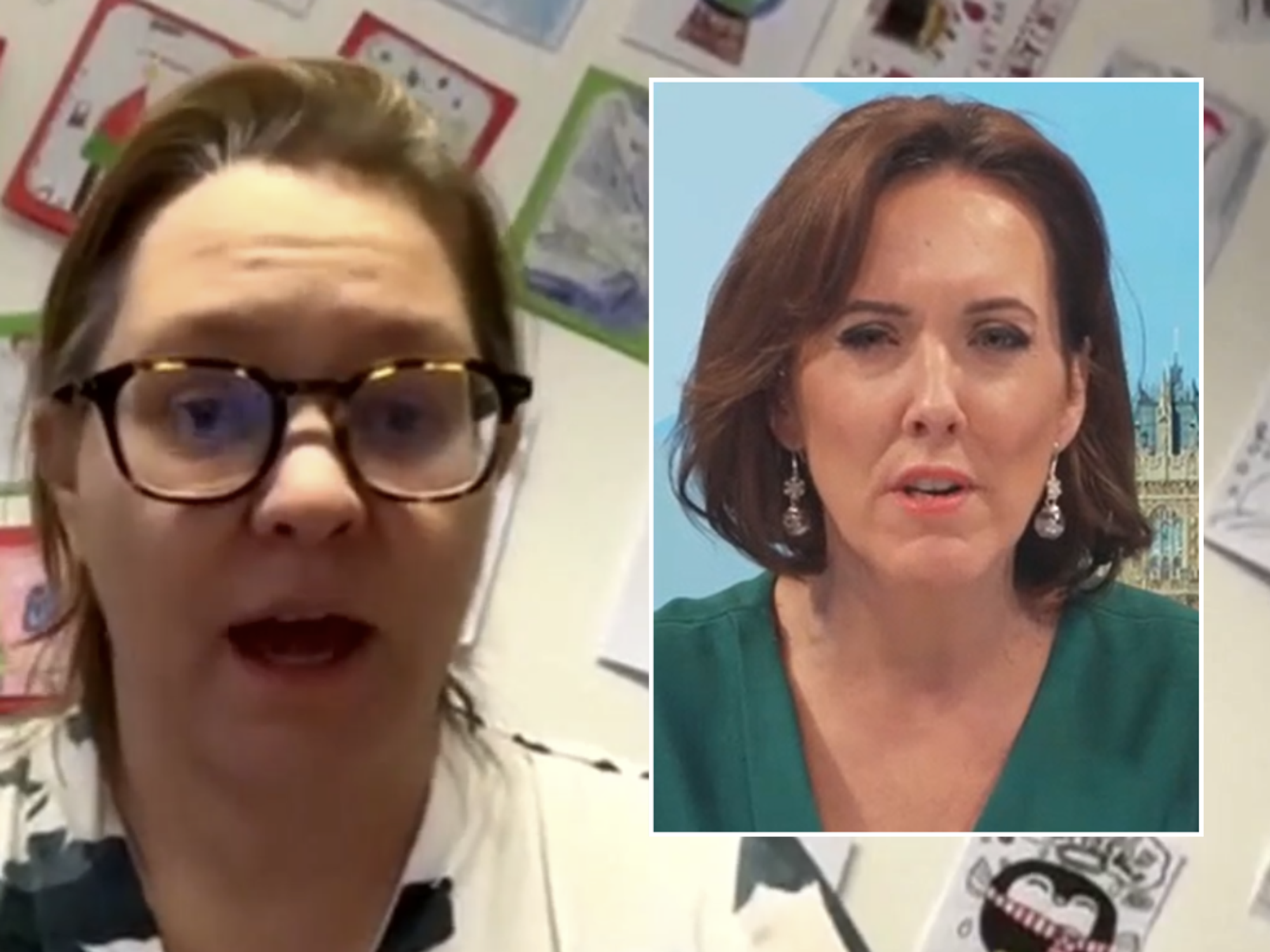The Highland Clearances: Rural communities under 'threat' as lack of housing drives young people away
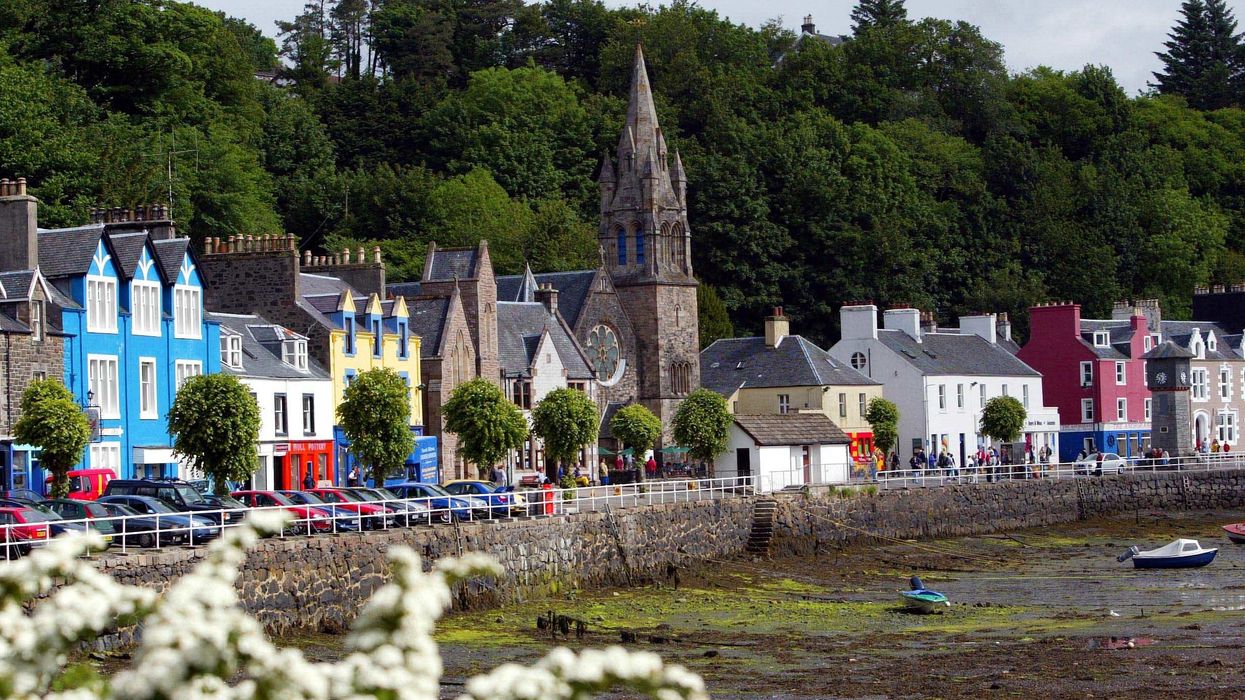
Local MPs have warned that without younger people, Highland and Island communities are under threat
|PA

The Scottish government declared a national housing emergency in May 2024
Don't Miss
Most Read
A lack of available and affordable housing in the Highlands and Islands of Scotland is a driving force behind fears of depopulation in rural areas of the country.
Without the younger generation, local communities, local services and the economy are all under threat, local MPs have warned.
In May 2024, the Scottish Government declared a national housing emergency during a Labour-led debate at Holyrood calling for the move.
This came after a report released in January by the Highland Council found population growth in the Highlands between 2011 and 2022 was 1.4 per cent, which is less than half of that of Scotland overall. Furthermore, the Western Isles is expected to experience a six per cent decline by 2028.
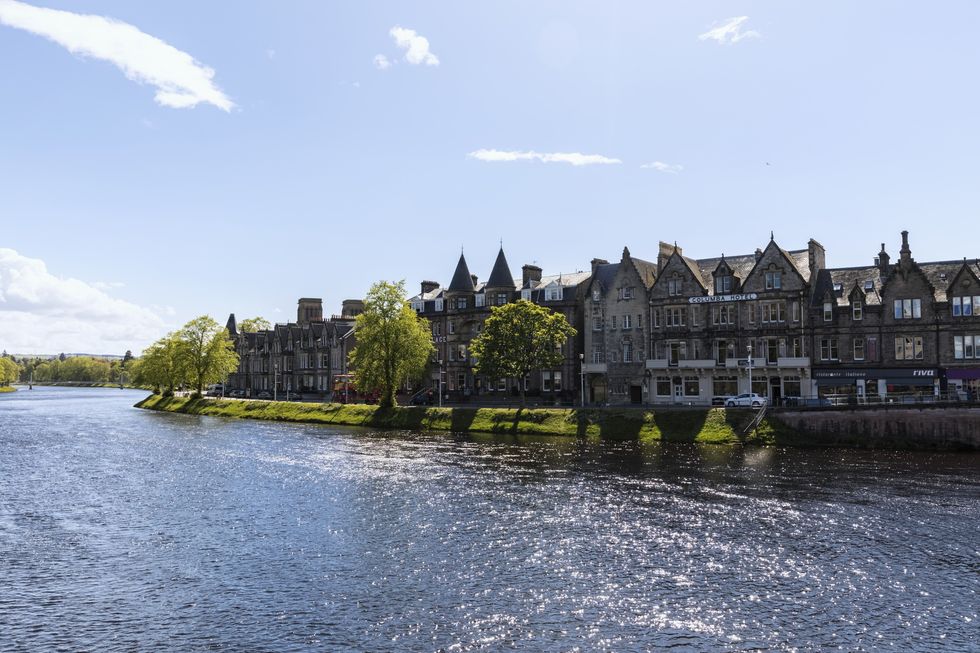
Inverness (pictured above), the capital and largest city of the Highlands and Islands has a population of almost 50,000 people and only seven properties to rent on Rightmove
|Getty
Meanwhile, the number of over-75s rose in the Highlands by 60 per cent, indicating an ageing population and showcasing the area's attractiveness as a retirement destination.
Inverness, the capital and largest city of the Highlands and Islands has a population of almost 50,000 people.
However, on Rightmove, there were only seven properties in Inverness-Shire advertised as to let at the time of writing, with the cheapest property starting at £650pcm.
Rhoda Grant, a Scottish Labour MSP for the Highlands and Islands said: "Lack of housing is a central reason leading to the threat of Highland depopulation.
"There is a housing crisis in rural Scotland that has been allowed to reach a critical point through an SNP government that has failed to intervene. The depopulation action plan published by the Scottish Government earlier this year contains very little new information."
Highlands and Islands Scottish Conservative MSP Tim Eagle agreed, telling GB News: "We need focused action to address the threat of rural depopulation and that means prioritising more homes, particularly for younger working people.
"Without them, our communities will simply die."
A lack of housing and businesses struggling to fill vacancies go hand in hand, according to Grant who pointed out that housing problems are risking "approximately 3,000 job positions" in the Highlands.
She said: "Due to the shortage of available homes to buy and let, businesses across rural Scotland are struggling to fill vacancies and grow. Job positions will be taken up but then workers will be unable to find suitable accommodation and the position remains vacant."
Tavish Scott, chief executive of Salmon Scotland - which employs 2,500 direct and 10,000 indirect jobs across Scotland - spoke of the "escalating crisis" of finding homes for workers.
Scott said: "People are struggling to find homes, and businesses face difficulties in recruiting or retaining staff because they're priced out of the local housing market.
"Scotland’s farm-raised salmon sector creates vital jobs and wealth in coastal areas, and we firmly believe that the benefits should be felt closest to the farms themselves.
"We believe one key solution would be for the millions that salmon companies pay to the Scottish Government to be used to build affordable housing for local workers, ensuring that the economic success generated by Scotland’s biggest food export is shared in the communities where we operate."
Maree Todd, MSP for Caithness, Sutherland and Ross defended the Scottish Government's handling of the crisis, stating: "The Scottish Government has intervened in several ways to address the housing challenges experienced in rural communities across the Highlands, from introducing short-term lets legislation to increasing council tax on second and vacant homes.
"The Scottish Government is committed to stemming rural depopulation by increasing affordable housing stock. By 2032, 110,000 affordable homes will be delivered across Scotland, with at least 10 per cent in remote, rural, and island areas."
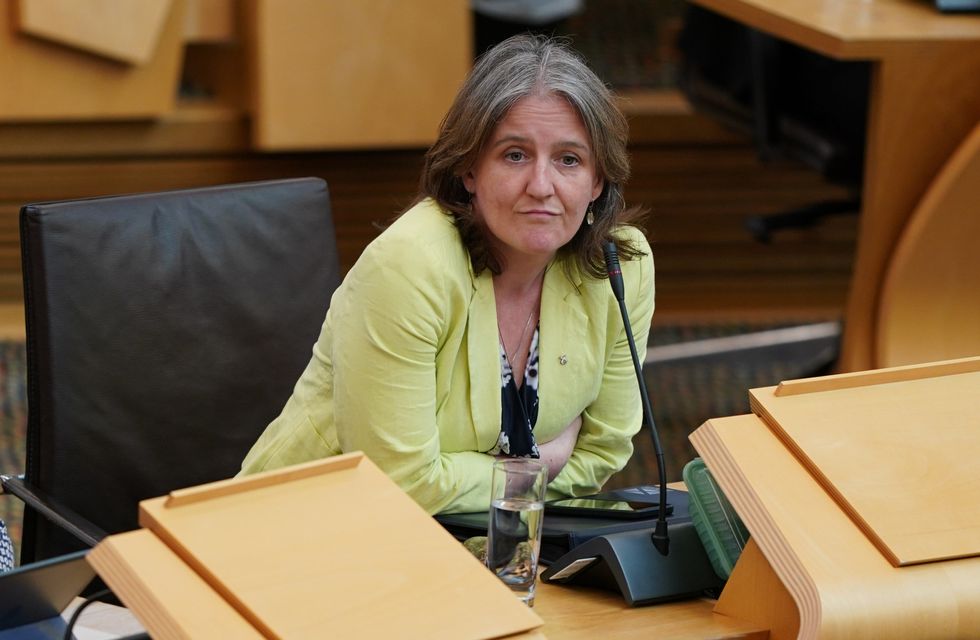
Maree Todd, Minister for Social Care, Mental Wellbeing and Sport defended the Scottish Government's handling of the crisis
|PA
Sarah's story: The five-year search to buy
Sarah Yoxon, 33, a resident of the Isle of Skye, and her husband have first-hand experience of the difficulties in finding a place to live on their beloved island in the Highlands of Scotland.
In 2017, the couple decided to start saving and looking to buy a house, having lived with their parents for two years, but the market was very quiet and the few houses on sale were "very run down" and needed a lot of money put into them to make them livable, which the couple didn't have.
Two years later in 2019, the couple took an opportunity to rent a house during the Covid pandemic, but once the country started opening up again, they had to give up the house to the landlord. Sarah and her husband found themselves back living with their parents once again.
"We were getting nowhere," Sarah explained. "So we decided we should try to buy a shared equity house in Broadford, from Skye and Lochalsh housing association."
However, the couple were told that as they were applying as a married couple, their savings exceeded eligibility for the house, and that they would need to buy on the open market.
"This was devastating for us to hear," Sarah explained.
Eventually, in late 2021, after years of searching, the couple "got lucky" when a house came on the market in August.
A sense of community
The person selling the house wanted to sell it to locals. The owner met with Sarah and her husband on the day and decided they were the "right kind of people" to sell the house to.
The owner sold the house to the couple despite receiving higher offers from other bidders.
Sarah explained: "This kindness was, I believe, the only way we managed to get a house. We would still be searching if this person went for the highest bidder like most sellers have done. This has been the case for many young locals and the only way they have managed to get on the market.
"It’s also heartbreaking seeing others that we know going through the same thing. There is a lot of pain and anger in our area on this topic, and unfortunately, no signs of a solution for it," Sarah concluded.
Sarah's story is an all too common example of the struggles of young people in the Highlands and Islands to secure a house, even when they are financially capable of doing so.
LATEST FROM MEMBERSHIP:

Sarah Yoxon (pictured right) searched to buy a house on the Isle of Skye (left) for almost five years
|Getty/ GB News
Reasons for a lack of housing
Homes being used as Airbnb's and second home ownership, houses in need of renovations and (not so) affordable housing schemes have all been attributed to a lack of housing in the Highlands.
Sarah explained that on Skye there are many Airbnbs that are run by people who aren't living on the island but have bought up a "perfectly good home for a family to live in" and turned it into a holiday home.
Grant also noted that the search for workers planning to move to the Highlands is "exacerbated by the number of second homes, holiday lets and underutilised properties across the Highlands".
Sarah noted another reason it was difficult to find a property was that many houses were in poor condition and needed "thousands of pounds renovation work, but are selling at a ridiculous price".
She said they were put off buying these houses because after paying a deposit there would be little money left for renovations and they would be left living in a "damp rotten house" which is "more of a money pit than an investment".
Sarah believes those coming from outside the area with more money can renovate the homes and make them into holiday lets.
Another reason for a lack of housing is that, according to residents, affordable housing schemes do not cater for people like Sarah and her husband.
Sarah explained that they have recently built more affordable homes on Skye but are unable to find buyers for them even while there is a housing crisis.
"If they were to adapt their eligibility for applicants, then I believe they would have more people queuing up to buy them, as I know my husband and I would be a couple of those people," Sarah said.
In areas around Aviemore, there are schemes where you have to have lived in a village for a number of years and had a job there for an amount of time before being able to place a bid on a house for sale.
"This could be something that other villages should be looking into in order to keep homes affordable and available for locals," Sarah said.






